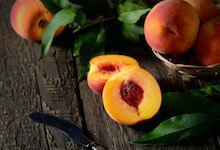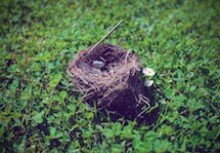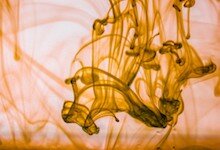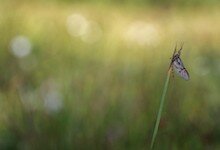Nederlands ►
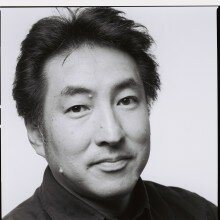
Shoichiro Iwakiri (1959) teaches French literature at the prestigious International Christian University in Tokyo. As an academic, he displays an almost obsessive interest in the work of Charles Baudelaire, but in his own poetry he would seem to be completely Japanese, with lyrical perceptions derived from the seasons, humanity and nature. His work is spiritually much closer to the ‘genuine’ haiku than the incessant stream of 5/7/5-syllable products of fanatical haiku poets.
Iwakiri uses observations that change almost imperceptibly into metaphors (“the moon seems to corrode away in the foaming of grape seeds”). Or vice versa. He sometimes begins with vague reflections or memories that gradually emerge as a thing in reality or a poetic aphorism. The anecdote of a visit to a mother who has now become old leads to the conclusion: “there she sits, like a purple flower box that has begun to rot”.
The evoked commonplace is that of Zen Buddhism, averse to the hectic life of a city such as Tokyo. This is a phenomenon that has frequently occurred in Japanese literature (Yasunari Kawabata is perhaps the best-known example): via an intensive study of Western literature, the Japanese personality comes more sharply into focus. Iwakiri creates a purely literary space that offers protection against the chaos of everyday life and allows you “to see what is fragile, know what is threatened”.
The fragile, threatened things catch the sunlight that shines through the leaves – to use half an Iwakiri title. Then, suddenly “a grain of sand released by fingers flows like water towards a dark star”. Each syllable has its own irreplaceable weight in a subtle play of sounds, a minimalist exercise that could be accompanied by the flowing of a stream, the dripping of rain or a piece of music for a koto – a classical Japanese string instrument. This poetry, then, also requires complete receptiveness on the part of the reader or listener, and only resonates fully when you realise that the words themselves are fragile and threatened. It is a realisation that works paradoxically – the longing for those small things and vulnerable words is intensified, and thereby a heart-warming tribute to “sea acorns and water fleas, on the rocky coast”.
[Shoichiro Iwakiri took part in the Poetry International Festival Rotterdam 2008.
This text was written on that occasion.]


